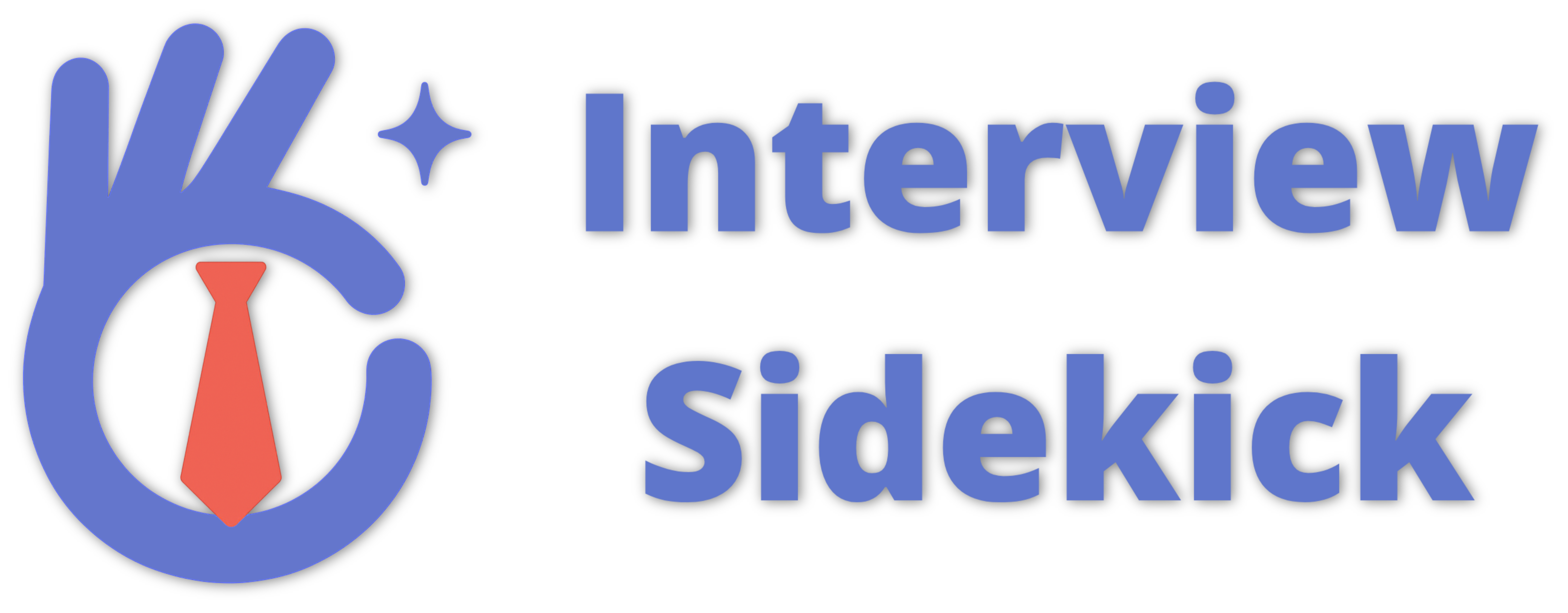Full Stack Developer (LAMP) Interview Preparation (Step-by-Step Guide with Tips and Examples)

Feeling unsure about where to start with LAMP stack interviews? You’re not alone. A structured roadmap focused on Linux, Apache, MySQL, and PHP will help you build confidence and prepare thoroughly.
Overcoming Common Interview Prep Pain Points
Frontend Development: Master HTML, CSS, JavaScript, and front-end frameworks.
Backend Development with PHP: Dive into PHP development, including security and performance best practices.
MySQL Database Management: Understand relational databases, optimization, and query writing.
Linux & Apache: Configure servers, handle deployments, and troubleshoot effectively.
System Design: Design scalable, maintainable applications on LAMP.
Your 4-Week Preparation Roadmap
A clear, week-by-week breakdown to prepare you for a Full Stack LAMP Developer interview.
Week 1: Strengthen Frontend Skills (HTML, CSS, JS)
Focus: Brush up on frontend fundamentals and create basic websites.
Daily Goals:
Day 1: Review HTML5 and semantic web design principles.
Day 2: Study CSS3, including Flexbox, Grid, and responsive design.
Day 3: Learn JavaScript basics (variables, functions, arrays, loops).
Day 4: Dive deeper into JavaScript (ES6+ features, promises, async/await).
Day 5: Explore front-end frameworks (Bootstrap, jQuery, or Vue.js).
Day 6: Work on small UI projects or coding challenges.
Day 7: Review your progress and identify areas to improve.
Tip: Focus on building clean, responsive user interfaces that work seamlessly across devices.
Week 2: Backend Development with PHP & MySQL
Focus: Learn PHP basics, server-side scripting, and database integration.
Daily Goals:
Day 1: Learn PHP syntax, variables, and functions.
Day 2: Work with form data, sessions, and cookies in PHP.
Day 3: Study MySQL database management (CRUD operations, joins, and relationships).
Day 4: Practice writing efficient MySQL queries and optimizing performance.
Day 5: Learn about prepared statements and SQL injection prevention.
Day 6: Build a simple PHP application with MySQL database connection.
Day 7: Review and test your PHP and MySQL integration.
Tip: Pay attention to security measures in PHP (SQL injection, XSS) and keep your code secure.
Week 3: Master Linux, Apache, and Web Server Configuration
Focus: Learn server setup, Apache, and Linux essentials for deployment.
Daily Goals:
Day 1: Set up a basic Linux environment (command line, file system, permissions).
Day 2: Learn how to install Apache and configure virtual hosts.
Day 3: Set up MySQL and connect it with your LAMP environment.
Day 4: Configure Apache modules for security, performance, and SEO.
Day 5: Study Linux shell scripting for automation tasks.
Day 6: Deploy a PHP/MySQL app on Apache using a local or cloud server.
Day 7: Practice troubleshooting common server errors and optimizing configurations.
Tip: Learn common Linux commands and Apache configurations to manage your web server efficiently.
Week 4: System Design, Deployment & Mock Interviews
Focus: Study system design principles, cloud deployment, and prepare for mock interviews.
Daily Goals:
Day 1: Learn system design concepts (scalability, load balancing, caching).
Day 2: Explore cloud platforms (AWS, DigitalOcean) and deploy PHP applications.
Day 3: Understand version control with Git and set up continuous integration (CI).
Day 4: Create a simple deployment pipeline using GitHub and Apache.
Day 5: Conduct a mock technical interview focusing on LAMP stack topics.
Day 6: Refine behavioral interview answers using the STAR method.
Day 7: Review and optimize your portfolio or personal projects for presentation.
Tip: Practice explaining your projects clearly during mock interviews, especially focusing on deployment and server-side logic.
Bringing It All Together
By following this roadmap, you’ll be fully prepared for your Full Stack LAMP Developer interview.
Master Frontend & Backend: Build responsive UIs and develop secure server-side applications.
Secure and Optimize: Learn database optimization, PHP security, and server configurations.
Deploy Seamlessly: Deploy your LAMP applications effectively using Linux and Apache.
Begin your journey today, and master the LAMP stack to ace your next developer interview!
